ADHD, or attention-deficit/hyperactivity disorder, is a neurodevelopmental condition characterized by challenges with attention, impulse control, and hyperactivity. Individuals with ADHD often seek various methods to alleviate their symptoms, one of which is caffeine, commonly found in beverages such as coffee, tea, and energy drinks.
Caffeine, a mild stimulant, impacts the central nervous system, similar to prescription stimulants used in ADHD treatment, such as Adderall and Ritalin. These medications enhance focus and self-regulation by increasing the levels of certain neurotransmitters in the brain. While caffeine may provide temporary relief by boosting alertness and concentration, its effects can vary widely among individuals with ADHD.
For some, moderate caffeine consumption may improve attention and reduce fatigue. However, for others, it can lead to increased anxiety or restlessness, exacerbating ADHD symptoms. Individuals with ADHD need to monitor their caffeine intake and consult healthcare professionals to determine what works best for their specific needs and circumstances.
Impact of caffeine on ADHD symptoms
Caffeine has a usual checking effect that makes a person more alert and oriented. That is why it may seem that it can help with ADHD. Caffeine elevates the brain’s dopamine levels, and some people say that they are even capable of focusing and paying attention better when they have caffeine in their body, just like people with ADHD who take prescribed medicines. Dopamine is a neurotransmitter involved in attention and concentration, both of which are usually considered to be suboptimal in those diagnosed with ADHD.
But for every positive input caffeine brings, it also has some negative feet to it. Although taking moderate amounts can enhance alertness, overstimulation is followed by agitation, anxiety, and sleep disturbances, which are detrimental to ADHD symptoms. Also, the effects of caffeine on any specific body part or mind are different for each individual, so it is hard to know whether it will benefit or aggravate an ADHD case.
Research studies on caffeine and ADHD
Research indicates that caffeine may enhance attention and focus in individuals with ADHD, though its effectiveness is generally less than that of prescription medications. A study published in the Journal of Psychopharmacology found that caffeine could reduce ADHD symptoms, but its impact is often inconsistent and weaker compared to stimulant medications.
Furthermore, some studies suggest that combining caffeine with ADHD medications may increase feelings of anxiety and jitteriness, particularly at higher doses. While caffeine can temporarily relieve symptoms, it is not a long-term solution and should not be considered a substitute for prescribed medical treatment. Individuals with ADHD should consult with healthcare professionals to develop a comprehensive approach to managing their symptoms, which may include behavioral strategies and effective medication.
Tips for Managing Caffeine Intake
-
- Moderation
Don’t drink more caffeine than 100 to 200 mg per day to avoid adverse effects.
-
- Keep an eye on your reactions
Watch how coffee changes your ability to concentrate and your stress levels to determine whether it helps.
-
- Avoid caffeine
Caffeine can keep you from sleeping, which is important for controlling ADHD symptoms, so stay away from it during those times.
-
- Talk to a medical professional
Before using caffeine to help you deal with various aspects, you should talk to a doctor, especially if you are taking ADHD drugs.
Conclusion
There are benefits of the consumption of caffeine on focus and attention in users with ADHD. However, these benefits are not consistent and, therefore, may not be recommended for all patients. Still, while most people shouldn’t use caffeine in lieu of ADHD medications, a moderate, intentional partaking can serve as an enhancement to the prescribed treatment. It is crucial to apply well-coordinated strategies and consult with healthcare providers about how to use caffeine to obtain the best results.

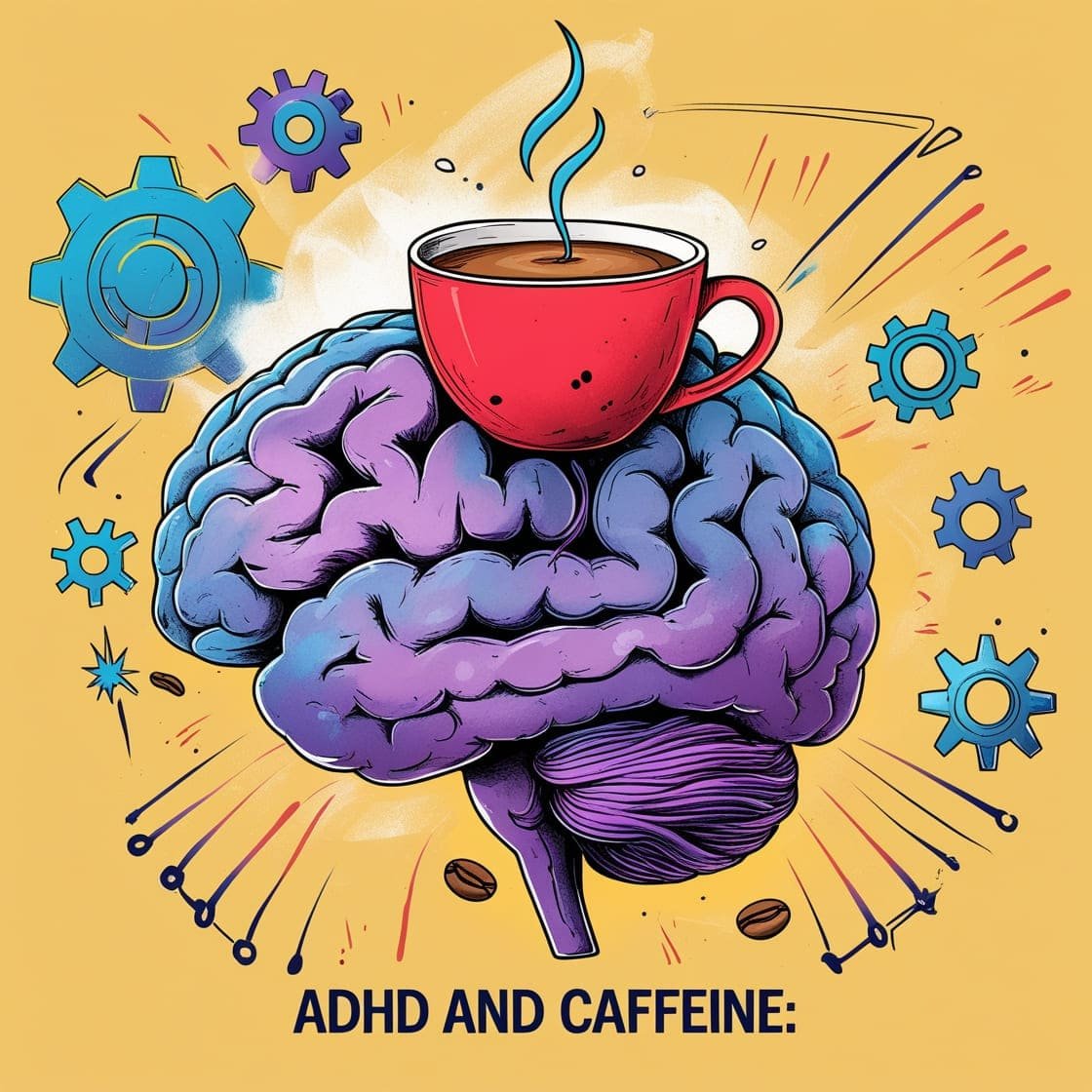

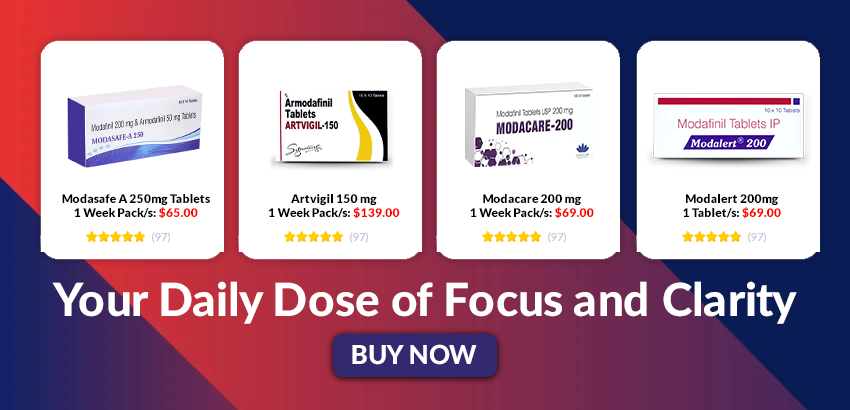

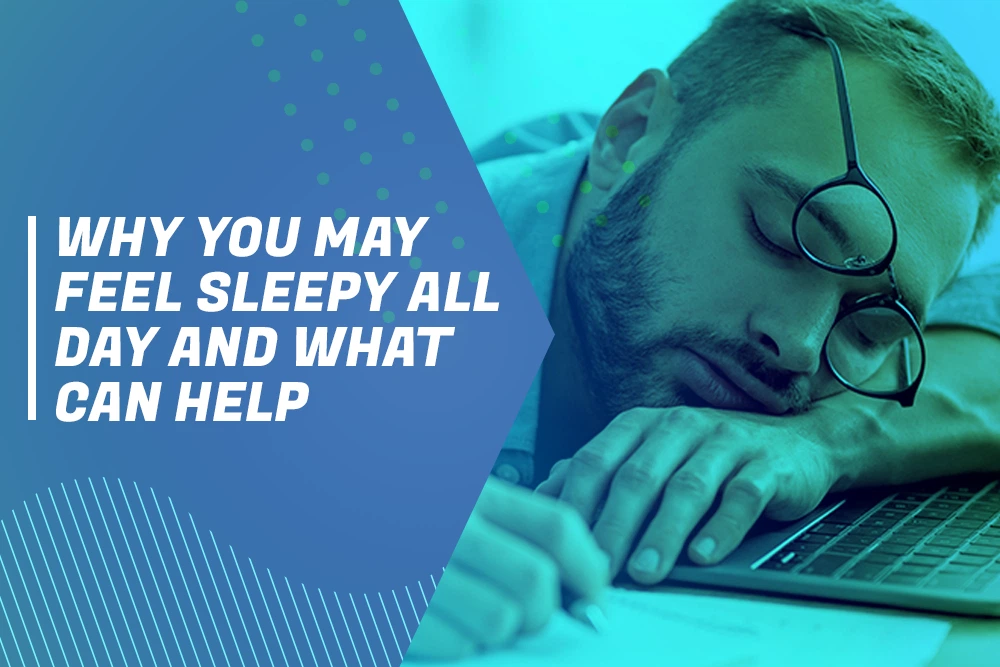

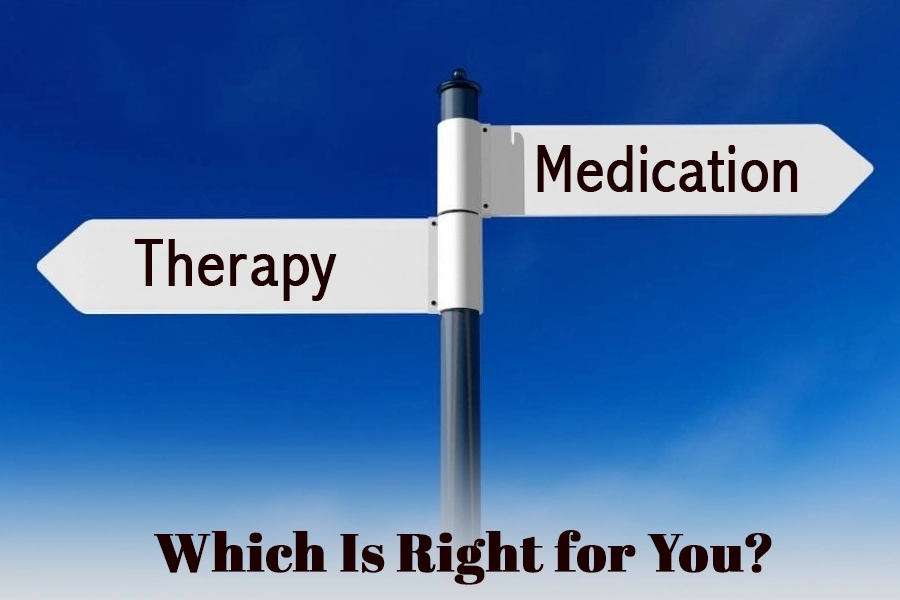
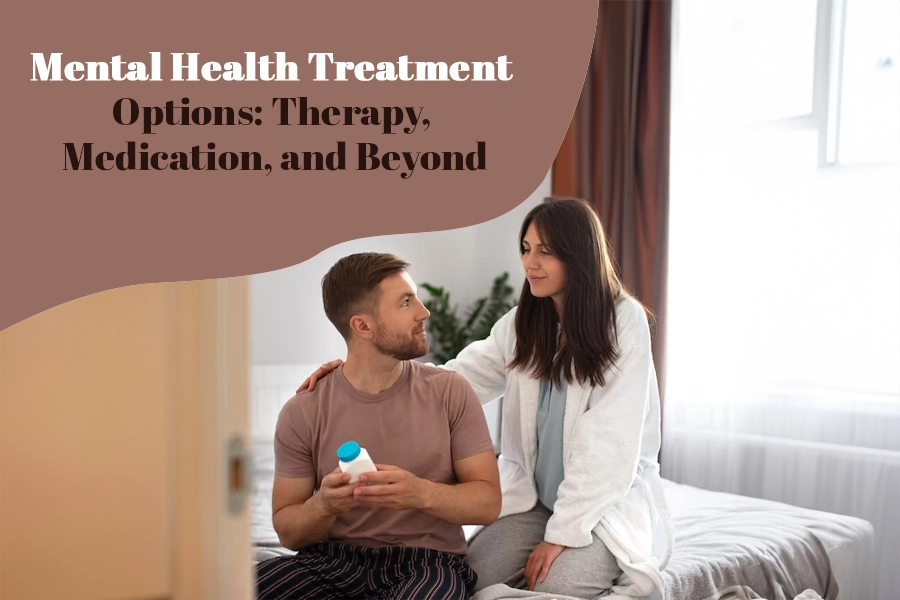

Leave a Reply